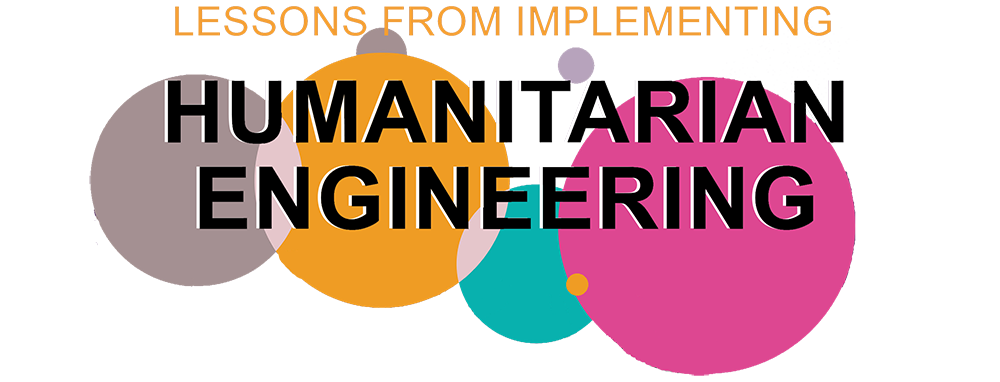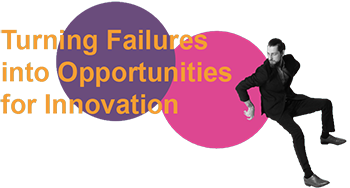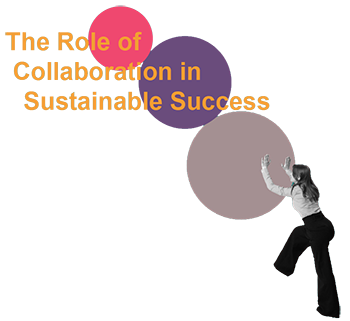
Insights for Marketers and Business Leaders
Good failures in humanitarian engineering offer valuable lessons for marketers and business leaders, especially in the advanced manufacturing sector. These lessons highlight the importance of cultural understanding, adaptability, and viewing failures as opportunities for innovation and growth. Humanitarian engineering is the application of engineering to improving
the well-being of marginalised and disadvantaged communities. In the context of advanced manufacturing, this involves designing processes or products that meet basic human needs—such as access to clean water, infrastructure, or healthcare—while prioritising sustainability and cultural relevance. By understanding these challenges, leaders can cultivate sensitivity, flexibility, and a forward thinking mindset that transforms failures into stepping stones for innovation.

One common cause of good failures in humanitarian engineering projects is the lack of consideration for the unique characteristics of the communities and context they aim to serve. Similarly, businesses can fail when they apply a one-size-fits-all approach across different markets. Understanding local, cultural, environmental, and economic factors is essential for creating successful products and services.
For example, in Europe’s advanced manufacturing sector, regulatory frameworks and environmental standards vary significantly between countries and industries. Manufacturers in the Netherlands may face stricter sustainability regulations compared to other regions, requiring customised solutions to address these challenges. Failure to adapt can impede product success. To mitigate such risks, businesses can utilise ethnographic research, partner with local experts, and engage with communities to gather direct feedback.
Tailoring marketing efforts is equally important. Adapting messaging to reflect local language, values, and customs strengthens a brand’s connection to its target market. Just as humanitarian engineering projects involving local leaders are more likely to succeed, businesses that collaborate closely with local stakeholders can build greater trust and loyalty.

Failure should not be viewed as the end, but as a chance to learn and improve. A “good fail” mindset allows organisations to analyse their mistakes and develop innovative solutions that better meet the needs of their customers.
In advanced manufacturing, iterative design provides an ideal framework for harnessing good failures. For instance, if a water filtration system underperforms, teams can refine the technology to better align with user needs. This iterative approach mirrors how businesses can use customer feedback to improve underwhelming products. Humanitarian organisations leveraging 3D printing technology, such as the creation of low-cost prosthetics or water quality sensors, demonstrate how advanced manufacturing can address immediate needs through rapid innovation.
Marketers, too, can adopt this perspective by using data analytics to assess campaign outcomes, identify shortcomings, and refine strategies. Just as humanitarian engineering views setbacks as learning opportunities, businesses can frame failures as catalysts for future growth.

Successful humanitarian projects often succeed due to good collaboration amongst various stakeholders, which could include local communities, NGOs, and interdisciplinary teams. The advanced manufacturing sector can benefit greatly from this collaborative attitude, especially when addressing complex global challenges.
For instance, businesses in the manufacturing sector could partner with local universities or research centres to develop cutting-edge solutions. By working with trusted organisations, companies gain valuable insights into regional challenges, and can also build relationships that enhance their credibility and market acceptance. Corporate Social Responsibility (CSR) initiatives can benefit from similar partnerships.
Rather than imposing top-down solutions, businesses can collaborate with local organisations to co-create sustainable, mutually beneficial solutions.
When businesses build relationships with respected local organisation, they not only gain credibility but also tap into networks that can drive growth and innovation. In humanitarian efforts, collaboration with community leaders often leads to more effective and sustainable interventions, a principle that businesses can adopt for a competitive advantage.
Key Takeaways for Marketers and Business Leaders
The lessons drawn from humanitarian engineering are directly applicable to business in the advanced manufacturing sector. By embracing good failures as learning opportunities, marketers and business leaders can develop strategies that are culturally sensitive, adaptable and collaborative strategies suited to increasingly interconnected but also diverse European market.
